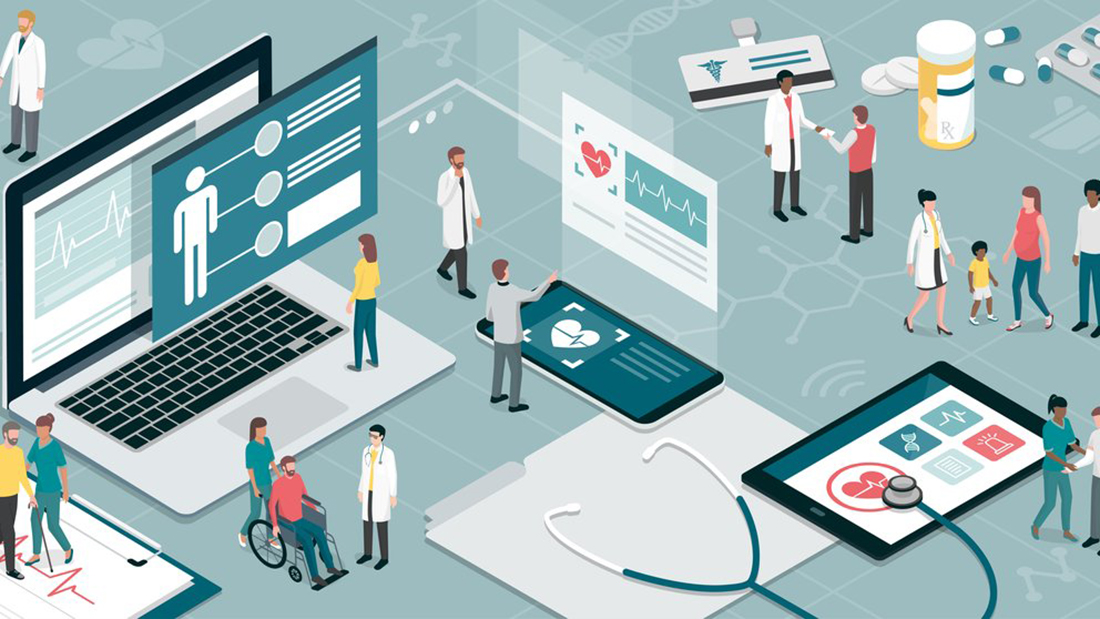
14 Aug Your data could cure you one day
By Linda Marsa, AAMCNews
Eric Dishman had run out of options. After 23 years of battling a rare form of kidney cancer, his kidneys were failing, dialysis was not an option because of the chemo treatments, and he wasn’t a good candidate for a transplant. During that time, he had undergone more than 60 rounds of chemotherapy, radiation, and immunotherapy, at a cost of $6 million.
The computer scientist was then in his early 40s and a fellow at Intel. A colleague suggested he undergo a whole genome sequencing — which saved his life. It turned out his unusual cancer behaved more like pancreatic cancer than renal cancer, and that 95% of his grueling treatments were a waste of time. Doctors put him on an experimental pancreatic cancer treatment, which vanquished the cancer and made him eligible for a kidney transplant. “When I think about all the suffering I went through,” Dishman recalls. “What if we had gotten it right the first time?”
Today, Dishman is director of the NIH-funded All of Us Research Program, a $1.5 billion precision medicine initiative to create the largest, most diverse patient data set in human history.
While insights from All of Us are still years away, vast repositories of patient data from electronic health records (EHRs) are already being analyzed to identify best practices, predict and prevent disease, and detect different reactions to drugs and treatment regimens in diverse patient populations.
Here’s what’s happening on the frontiers of this data revolution. Read more …



